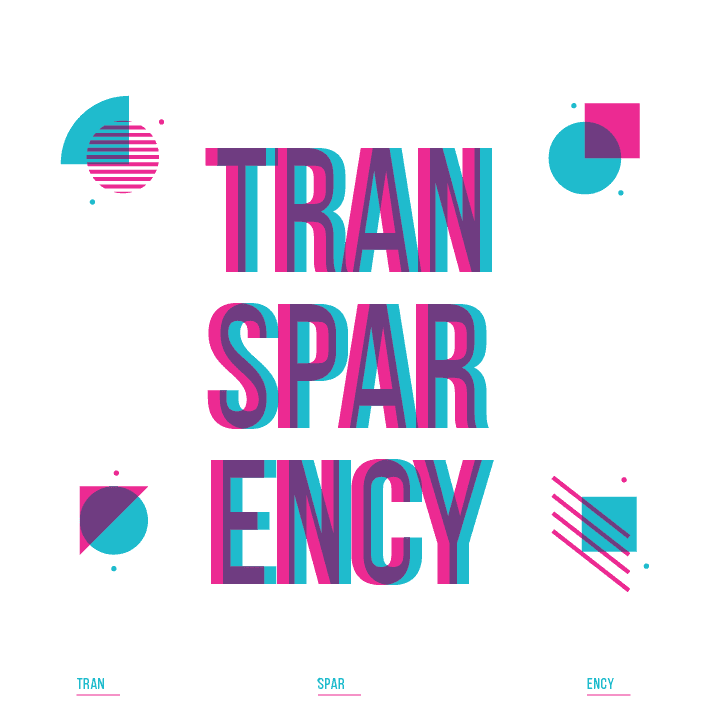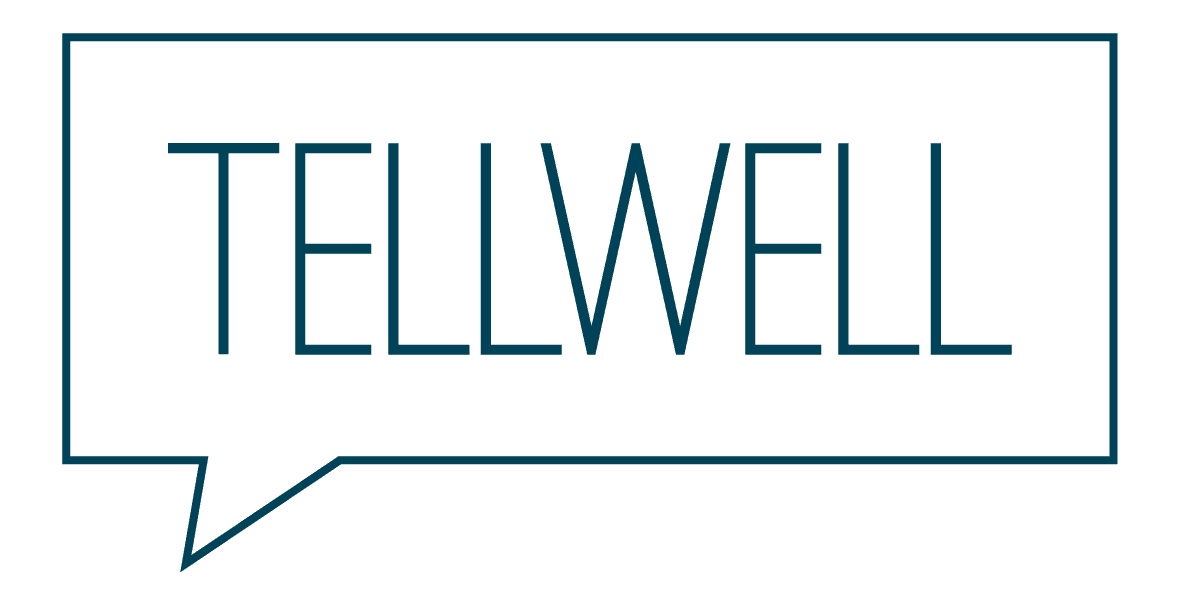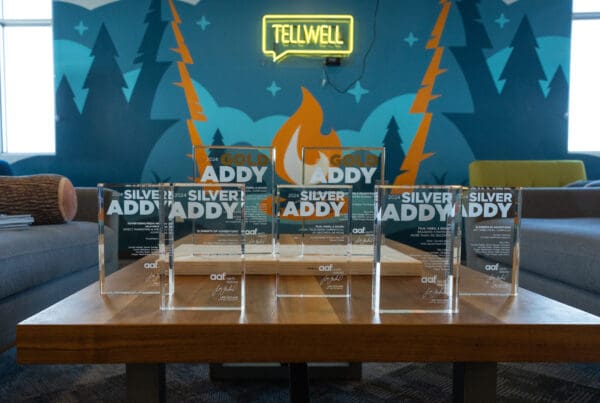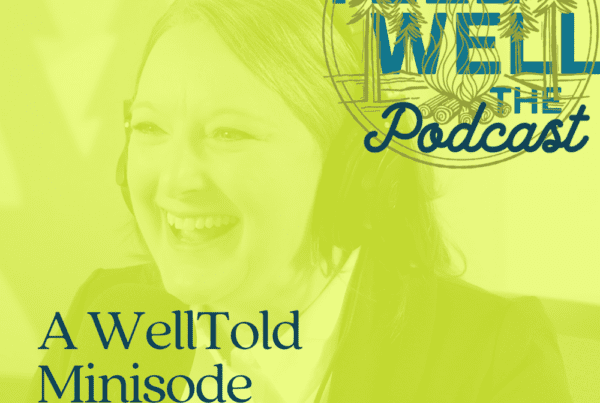How many times have you read the word “transparency” in a job description, or in a company’s vision statement? If you have applied for a job at any point in the past decade—especially in the marketing biz—you probably can’t count that number on one hand.
But more importantly, how many times have you stopped to consider what “transparency” really means?
Chances are, the number just got a lot smaller.
If you know Tellwell, you know that we’re not big on corporate buzzwords, so you may be surprised to see an entire blog dedicated to “transparency” with our name on it. But here at Tellwell, Transparency isn’t just a quippy buzzword used to draw in unwitting Millennials; it’s one of the eight Core Norms that dictate why and how we do what we do at Tellwell (learn more about our Core Norms here).
We have decided to share one Core Norm with you a month, complete with examples of how we live them out on a daily basis. We hope that sharing these norms with you will not only hold us accountable but inspire you to consider why you do what you do.
Transparency: What’s the Buzz?

If you’ve read this far, you may be thinking, “Well if you know so much about Transparency, then what does it mean?!”
Excellent question.
According to Max, Transparency means: “From what we’re working on, to what’s going on in our lives, we’re open, honest, vulnerable, and forthcoming on what is going well, what’s not going well, and where we’d like to go.”
Simply by virtue of our team’s size and our open office space, we are going to know how others are feeling pretty quickly. But recognizing each other’s feelings isn’t enough; we need to talk about them—if we don’t, they can fester and create a tense working environment.
Luckily, we have a built-in opportunity to practice Transparency every week. Once a week, each of us meets with Max for a One-on-One: half an hour for us to meet, whether it’s in a conference room, at a coffee shop, or on a walk, and talk about anything and everything going on in our lives. We talk about work, our current projects and our deadlines, but also our hobbies, our friends and families, our stressors and our joys.
Those meetings may only last 30 minutes, but they help foster a culture of Transparency that lasts the entire workday and beyond. The open and honest communication we practice in One-on-Ones impacts the way we communicate with the entire team: here at Tellwell, we get to know each other as whole people, not just coworkers.
”From what we’re working on, to what’s going on in our lives, we’re open, honest, vulnerable, and forthcoming on what is going well, what’s not going well, and where we’d like to go.
Another example of Transparency at Tellwell is the way we talk about finances. At our Friday Stand-Up last week, Max pulled up the company’s QuickBooks dashboard for the entire team to see. Right there on the screen were our revenues and our expenses, illustrated with big, bold numbers and brightly colored graphs.
We asked questions, spoke candidly about why some numbers were higher or lower than others, and discussed what each of us can do over the coming months to improve them.
Nobody really likes to talk about finances. And while it can be uncomfortable to see our profits and losses projected in plain English like that, bringing our entire team into these discussions several times a year helps us set realistic goals and develop plans to meet them. It also builds trust within the organization.

Out of all of our Core Norms, Transparency may be the hardest one to live by. We’ll be the first to say that we’re not always 100% transparent. Sometimes, we don’t want to talk about our feelings. Sometimes, if we’re annoyed or frustrated with someone, we go and rant about it to someone else on the team rather than having an open and honest conversation.
Transparency requires vulnerability. It requires us to provide, and be open to receiving, honest, real-time, often negative feedback. It sets us up for some really awkward conversations. So why bother?
Jayme said it best: “If a conversation feels like it’s going to be hard to have, we know that it needs to be had.”
”If a conversation feels like it’s going to be hard to have, we know that it needs to be had.
We’re not always perfectly transparent. But that’s why we call these Core Norms, not Core Values; they aren’t just beliefs that we hold as an organization, they are the small, everyday actions that help us make incremental progress as a team.
Kind of like happiness, Core Norms are a journey, not a destination.
And that, my friends, is what Transparency means to all of us at Tellwell. Check in next month to learn about another Tellwell Core Norm!



